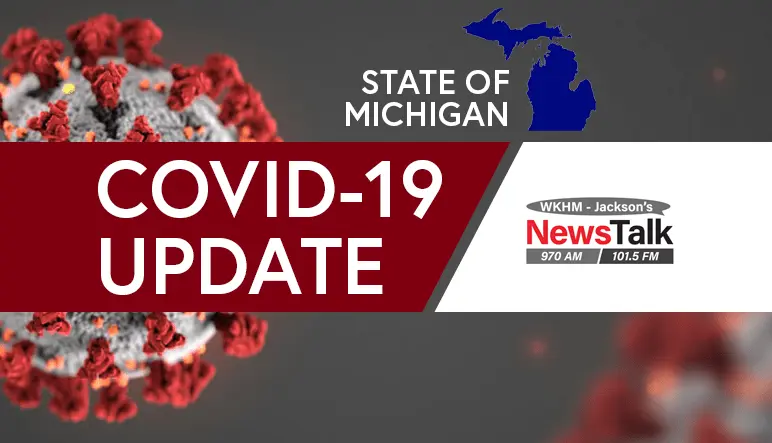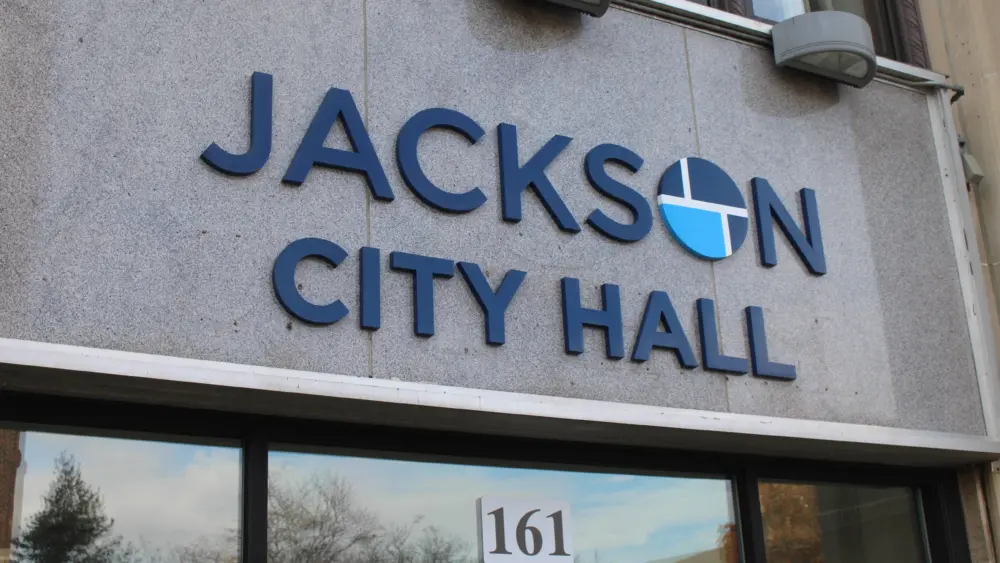LANSING, MICH. The Michigan Department of Health and Human Services (MDHHS) today revised and extended its epidemic order to contain the spread of COVID-19, as Michigan continues to see a surge in cases, hospitalizations, and deaths. Although most of the order is unchanged, new provisions target indoor gatherings where COVID has spread most rapidly. Michigan presently has 172 cases per million people and positivity of tests has increased from about 2% to 5.5% and both indicators have been increasing for over four weeks. Hospitalizations for COVID-19 have doubled over the last three weeks while the state death rate has increased for five consecutive weeks.
“The only way to beat COVID is to act on what we’ve learned since March,” said MDHHS Director Robert Gordon. “Wear masks. Keep six feet of distance. Wash hands. And avoid the indoor get-togethers where we have seen COVID explode.”
As part of the newly extended orders, MDHHS today reduces from 500 persons to 50 persons the maximum gathering size for indoor gatherings such as weddings, parties, and banquets which occur in nonresidential settings without fixed seating. This change responds to global evidence that COVID’s explosive growth is powered by events where large-scale outbreaks have occurred, and that indoor settings are as much as 20 times likelier to drive outbreaks than outdoor settings. Currently Michigan counts 34 outbreaks related to social events such as trips by families/friends, bridal showers and weddings (3-10 cases); funerals (9-22 cases); and outings at social clubs and bowling parties (6-19 cases). An additional 19 outbreaks of up to 52 cases are linked to church services, which are exempt from enforcement under the order.
For bars, restaurants, and social events outside private homes, indoor party sizes at a single table are now restricted to six people. Because individuals remove their masks while eating and drinking in indoor settings, seated tables with people from different households create high risks of spread. Like many other businesses in Michigan, bars and restaurants will also be required to take names and contact information to support effective contact tracing if necessary. Research published by the Centers for Disease Control and Prevention has shown that visiting restaurants is a risk factor for COVID positivity, and currently there are 12 outbreaks in Michigan associated with bars or restaurants with currently active clusters up to 12 cases.
“The orders that MDHHS has issued are centered on keeping the public safe and following best practices to reduce the spread of this deadly virus,” said Dr. Joneigh Khaldun, chief medical executive and chief deputy for health at MDHHS. “The alarming surge we are now seeing is exactly why we were so worried about the fall season. We must remain vigilant, so we prevent long-term health consequences and unnecessary deaths, and protect our hospital capacity and the health of our frontline health workers.”
“With a dramatic increase in the numbers of cases, number of inpatients in the Munson Healthcare system and increasing community spread, Director Gordon’s order provides much-needed clarity about how to control the pandemic in our community,” said Dr. Christine A. Nefcy, MD, FAAP, Chief Medical Officer, Munson Healthcare. “These measures are critical to ensuring our success in keeping our workforce healthy, our schools and businesses operational, and our community safe from this serious infectious disease.”
Traverse City Region Moves to Phase 4
Because cases are now at a high level statewide, the order treats all regions of the state the same. The Traverse City region previously had fewer restrictions due to lower COVID-19 rates and has now been moved into Phase 4 of the MI Safe Start system, joining the rest of the state.
Stronger Recommendations for Indoor Social Gatherings Permitted Under the Epidemic Order
Alongside the rerelease of today’s order, MDHHS today published strong recommendations for indoor social gatherings, including at Thanksgiving. Because no one measure confers complete protection in a gathering, the guidance recommends that individuals take multiple steps together:
- Get together outside whenever possible. You have up to 20 times higher risk of getting sick inside.
- If you do get together inside, include no more than two households and 10 people.
- Limit time inside together—greater duration is greater risk.
- Wear a mask – take it off when you eat or drink, then put it back on.
- Keep six feet apart as much as you can.
- When possible, keep voices down; high volume can increase COVID transmission by 30 times
- Wash hands regularly and try to not to share utensils.
New Measures to Enhance Enforcement
While continuing to focus on encouraging voluntary compliance with its Emergency Orders, MDHHS has also issued rules that set forth fines for violations of these epidemic orders. Violations are punishable by a civil fine up to $1,000 and may also be treated as a misdemeanor punishable by imprisonment for not more than six months or a fine of not more than $200, or both. In addition, failure to comply with orders may violate a business or professional’s licensure requirements or present a workplace safety violation. Residents seeking to report violations should consult the COVID complaints page to find the appropriate department. For general failures to wear a mask or physical distance, residents may call their local law enforcement’s non-emergency line.
The orders create a mechanism for law enforcement statewide to enforce the orders if education is unsuccessful. “The Michigan State Police continues to encourage Michiganders to follow all public health guidance and orders set in place to slow the spread of COVID-19,” stated Col. Joe Gasper, director of the Michigan State Police. “It’s important that we each take personal responsibility for our actions and that we also encourage those around us to do the same.”
“We continue to work closely with the Michigan Department of Health and Human Services to support these important public health orders,” said Michigan Attorney General Dana Nessel. “The orders protect the health of people in communities in every corner of our state.”
Information around this outbreak is changing rapidly. The latest information is available at Michigan.gov/Coronavirus and CDC.gov/Coronavirus.






